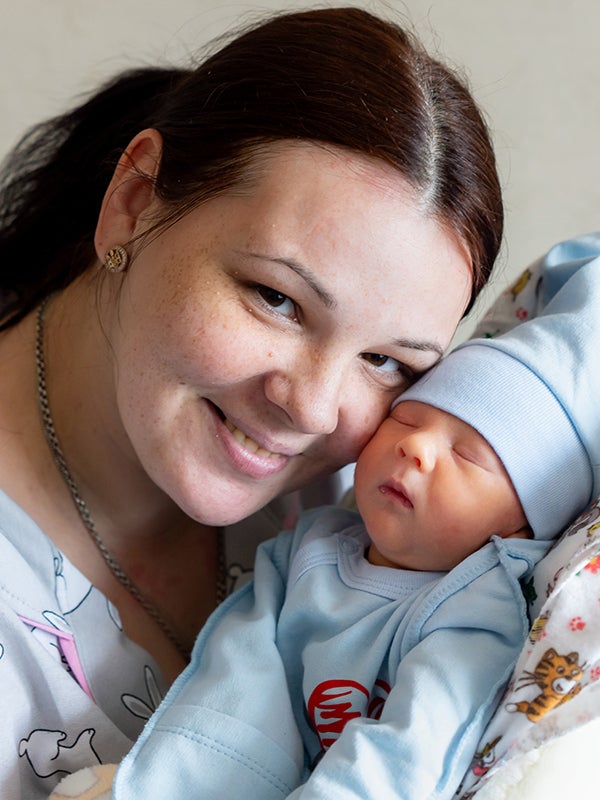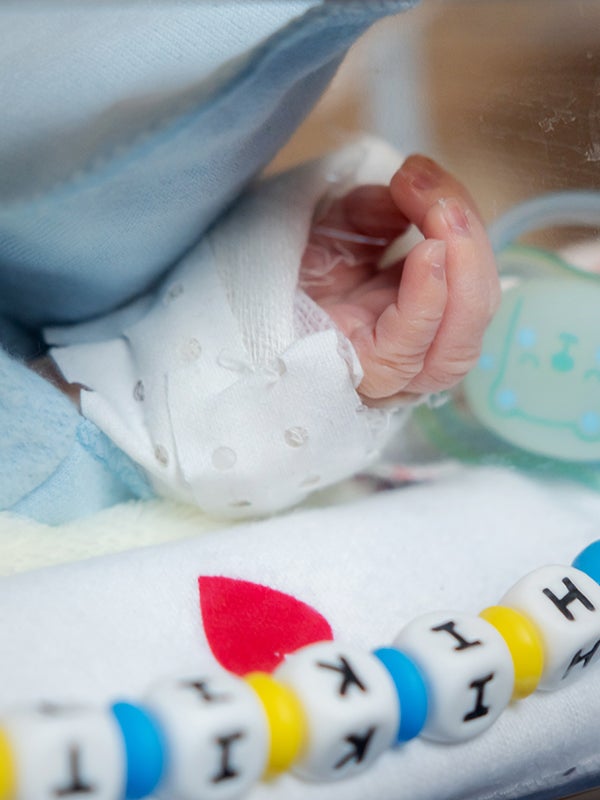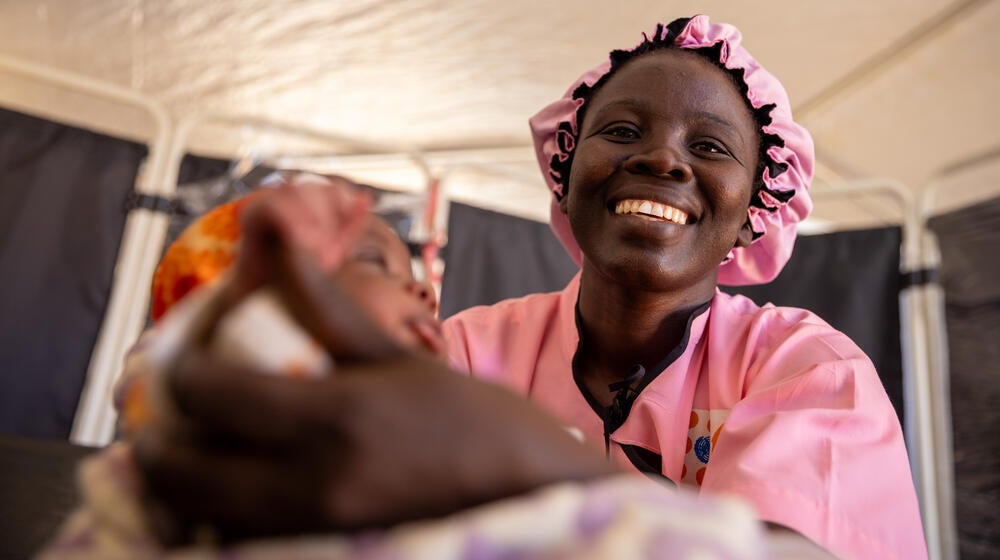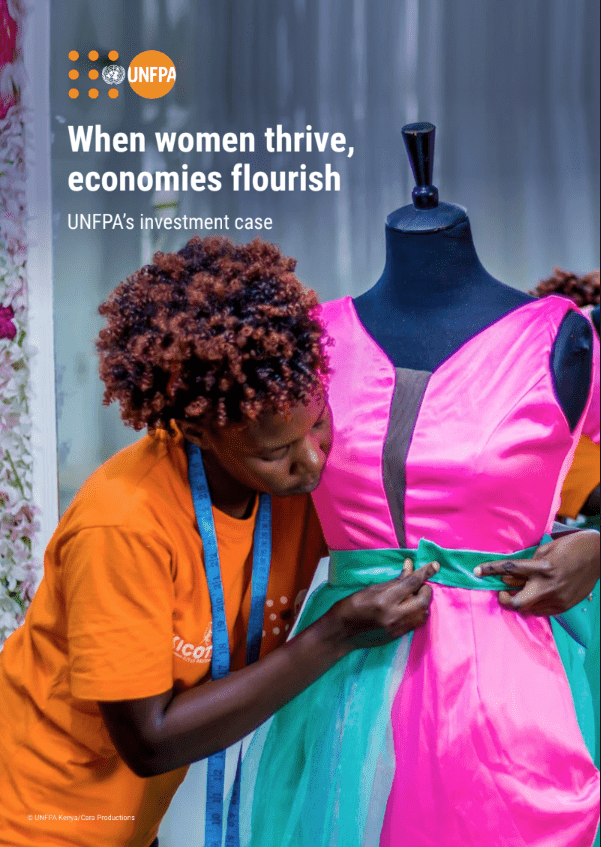
Born underground in Ukraine
Building bomb-proof maternity wards in front-line zones
As Ukraine enters the fourth year of Russia’s full-scale invasion, pregnant women – especially those living closer to front-line zones – continue to face the consequences of war.
One initiative that will make an important difference: bomb-proof maternity wards.
UNFPA, the United Nations sexual and reproductive health agency, is supporting the construction of new, reinforced underground maternity and newborn units. These specialist units, designed within a bomb shelter, will ensure that women can give birth in safer conditions despite ongoing attacks.
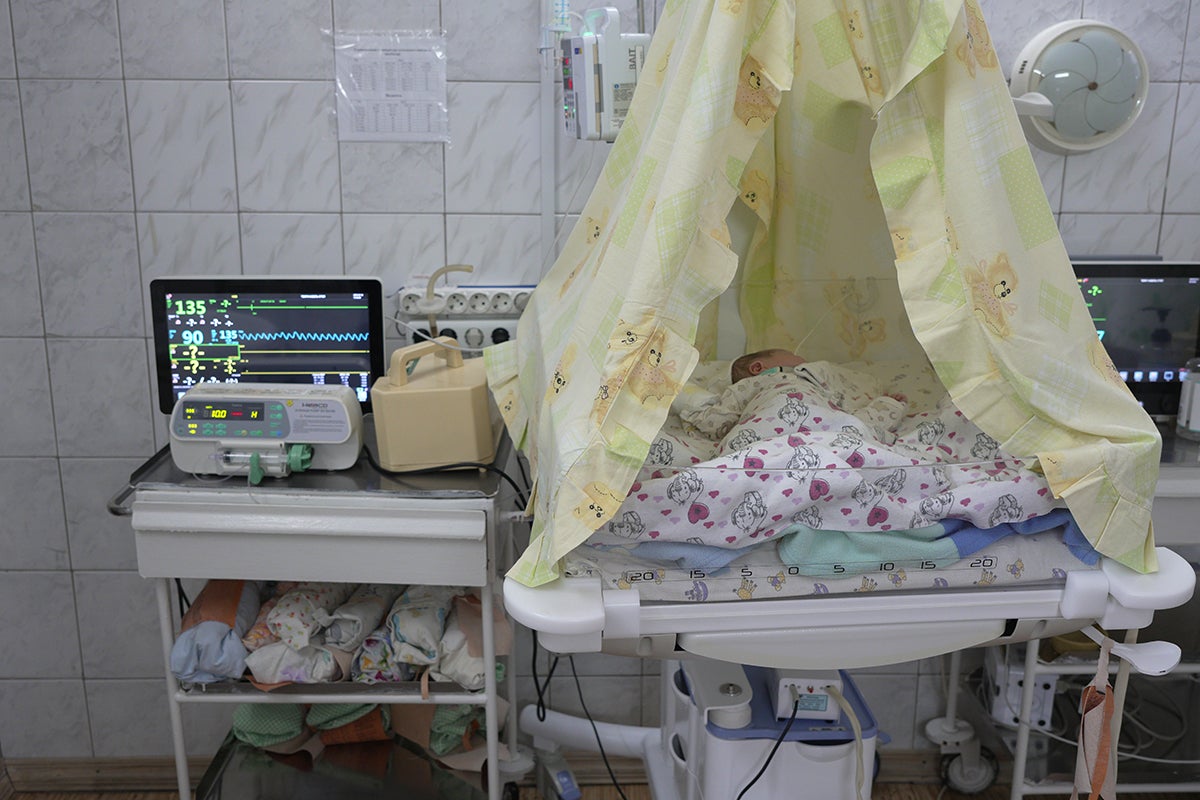
The need is urgent. The national rate for preterm births in Ukraine is 6 per cent, according to 2023 data, and in areas closer to front-line zones, the rate rises. The highest is in Kherson, where 11.8 per cent of newborns were born prematurely, almost double the national average.
The Kherson region also has the highest stillbirth rate in Ukraine. Stress from the war is believed to be contributing to these devastating health outcomes for pregnant women and their families.
"We are in a border city, and stress is the most common cause of preterm labour here,” says Dr. Ustymenko, who works in the maternity ward of the Kharkiv Regional Perinatal Centre.
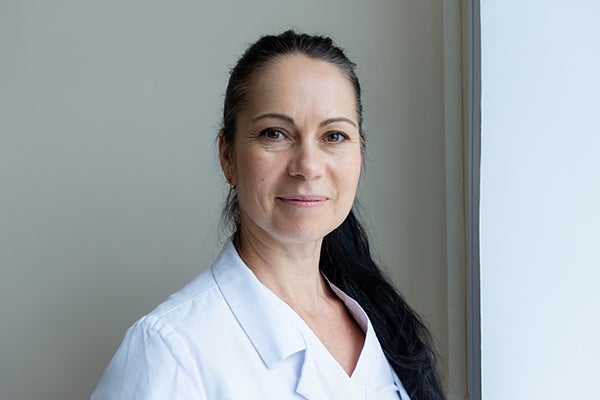
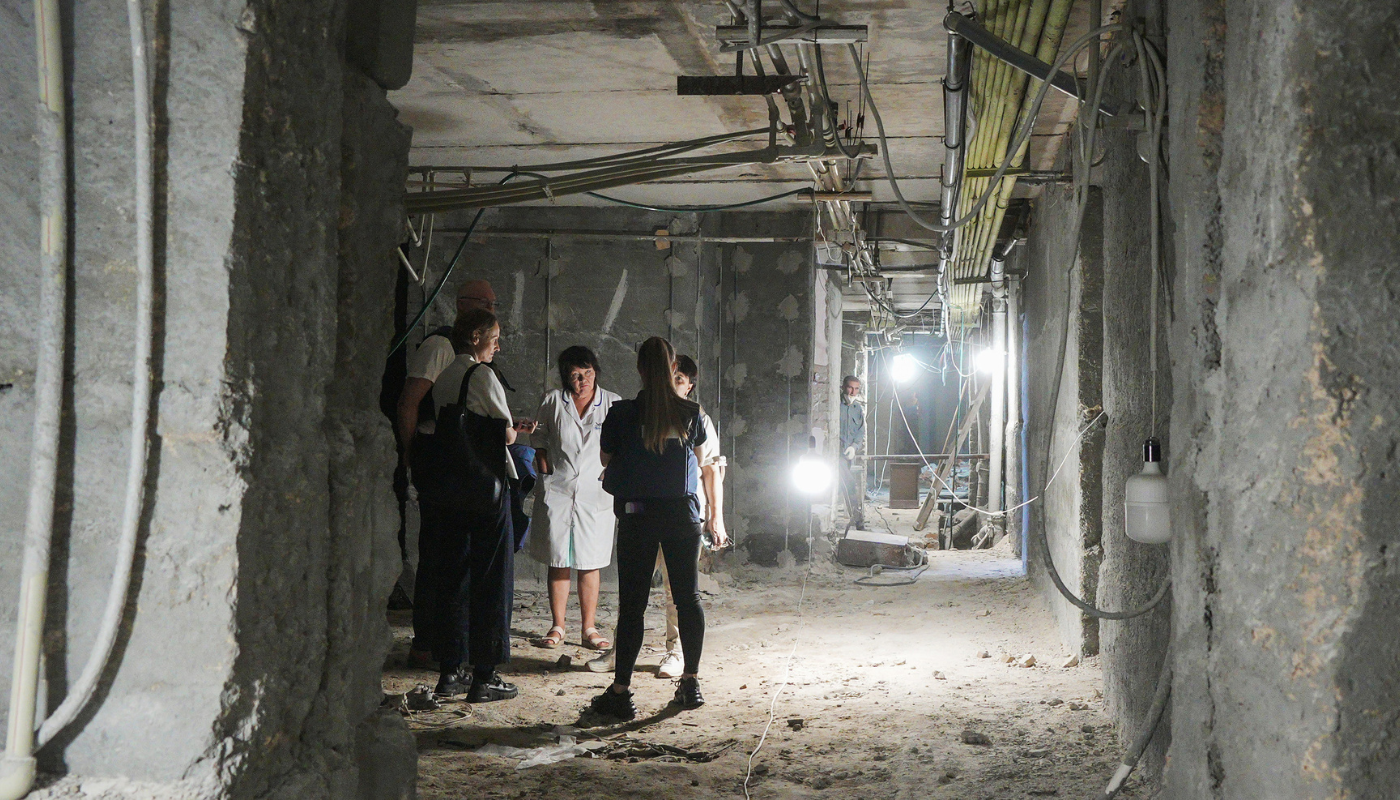
Thankfully, some relief is to come. Work is currently under way for two specialist underground maternity and newborn units – the Kherson City Perinatal Centre and the Kharkiv Regional Perinatal Centre. The units will be the first of their kind in Ukraine.
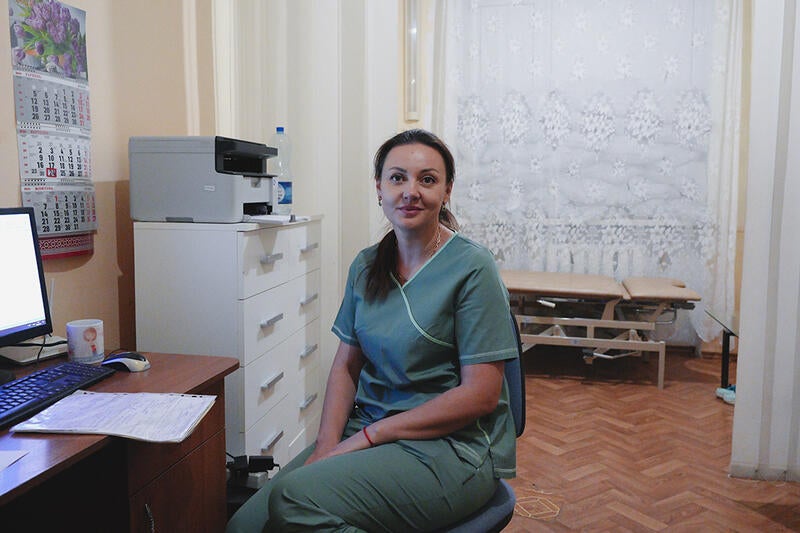
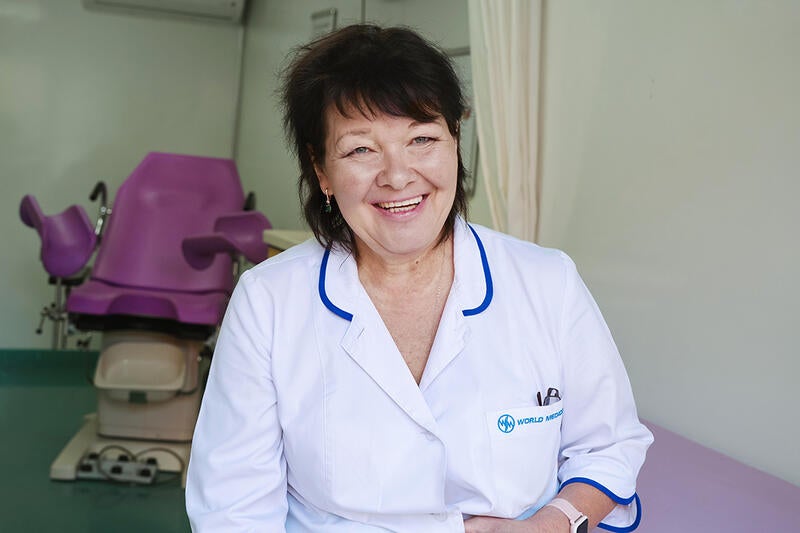
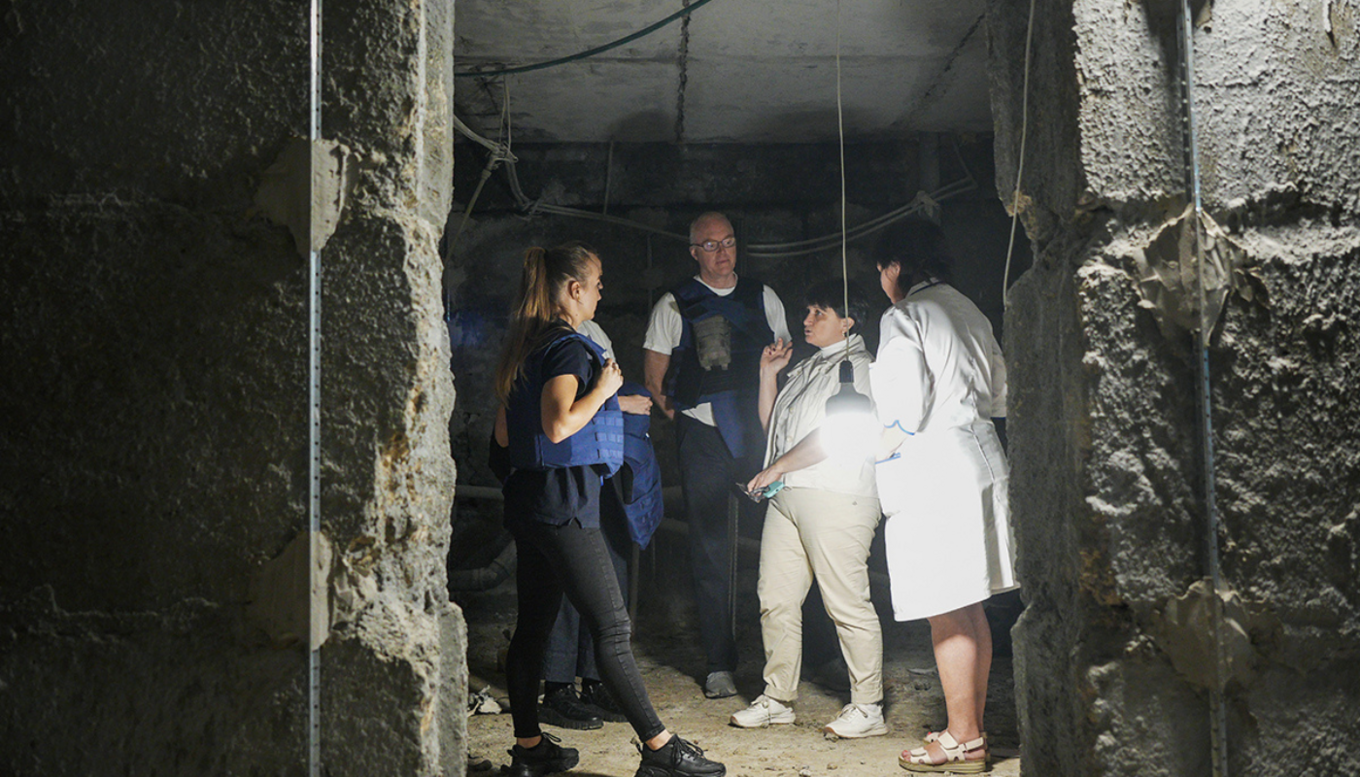
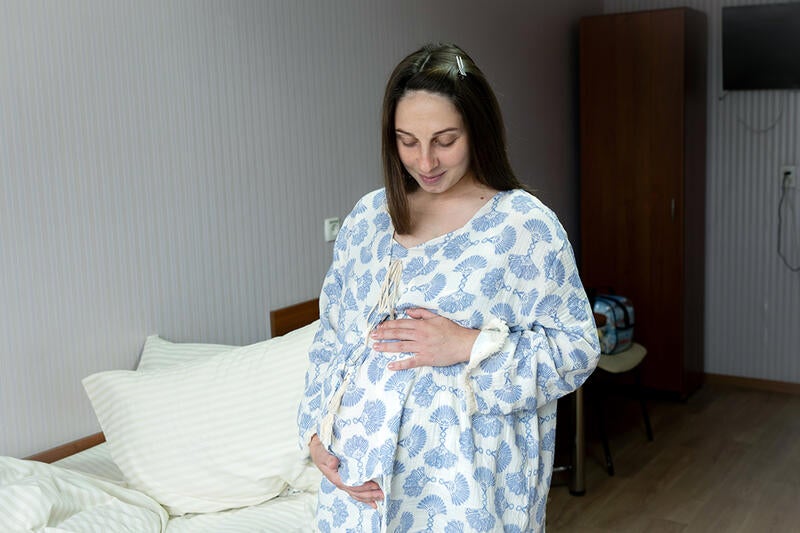
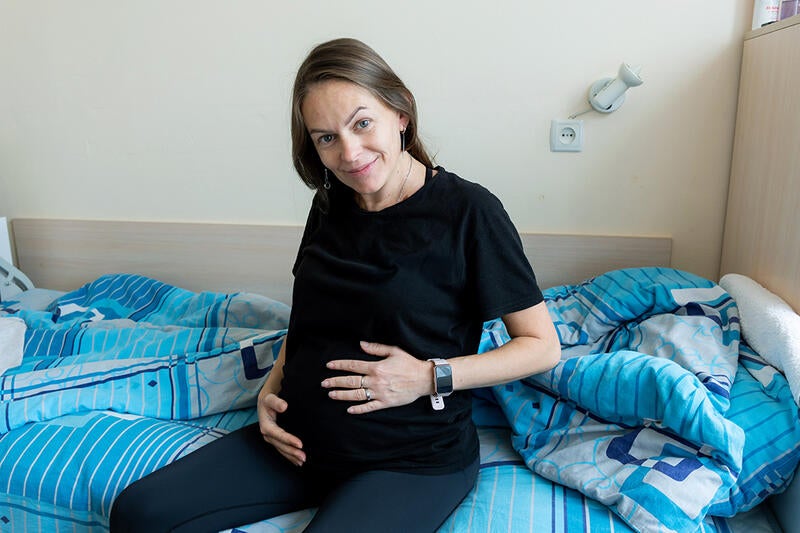
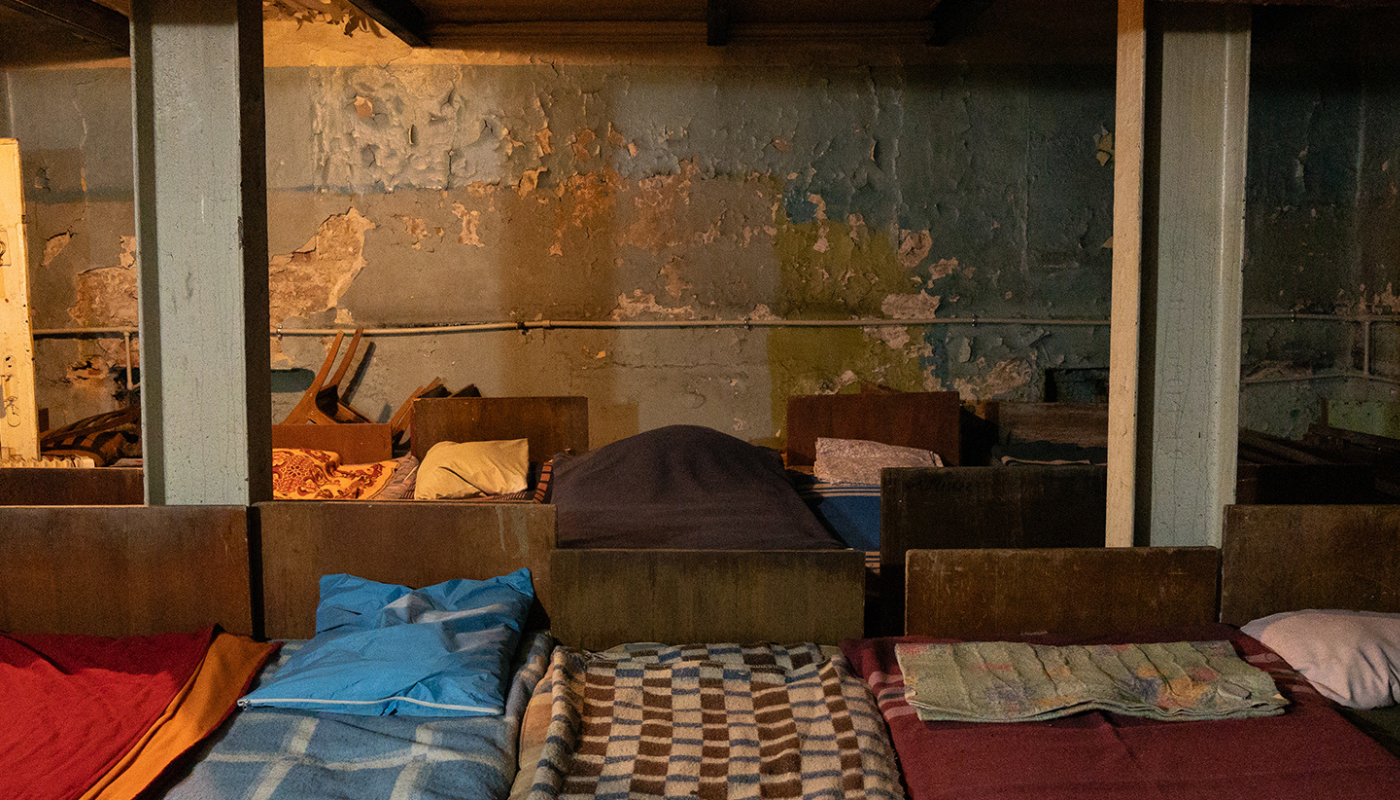
Since the onset of the full-scale invasion, Kharkiv has endured relentless shelling and rocket attacks. The new unit will mean that when women go into labour, they will be ensconced in a ward that provides protection, taking away the need to relocate during childbirth if an attack were to occur.
With Kharkiv located only around 30 km from the front-line zone, the perinatal centre’s basement has frequently served as a bomb shelter for residents, as well as for staff and patients. At the start of the war, 150 people sheltered there for three months in order to survive shelling.
However, while it has indeed saved lives, the space has not been renovated since it was created. The new construction will be fit for purpose, so that the full range of perinatal services can be carried out in exactly the same way as in the current unit above ground, delivering both the comfort and specialist support pregnant women and newborns need.
